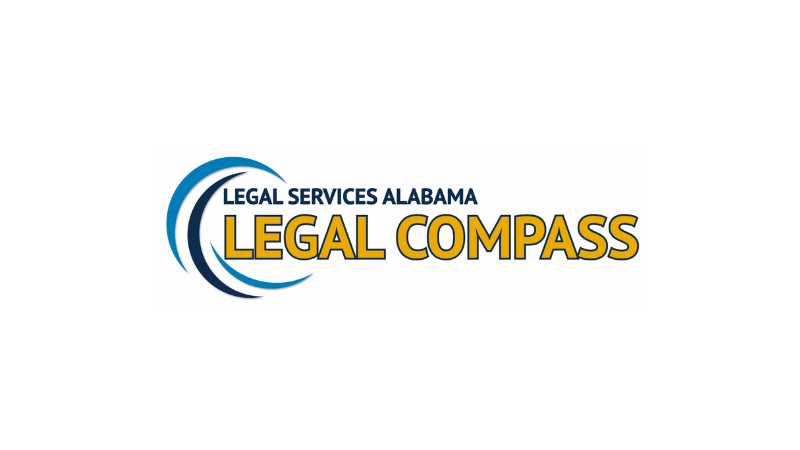Welcome to our "Afternoon of AI" programming, where we delve into the transformative potential of generative artificial intelligence and large language models in the legal field. Moving beyond the basics, this event brings together experts to explore how AI can serve as a "force multiplier" to help close the justice gap and deliver legal services "better, faster, cheaper". Across the sessions, we cover essential topics including effective AI prompting strategies, get hands-on with NotebookLM, take a critical look at the practical use and pitfalls of machine translation in legal contexts, see how cutting-edge AI features are being built into technology solutions, and hear how law schools are preparing students for an AI-influenced profession. This series highlights practical applications, emphasizes the critical need for ethical use and data security, and offers insights into the future of legal practice with AI.
Neural Machine Translation
Speaker: Cristina Llop
Christina Llop of Law Within Reach provides a critical examination of using machine translation (MT) in legal aid and court settings. Christina highlights that while potentially cost-effective, MT significantly struggles with the nuance, context, and specialized terminology of legal language, often leading to dangerous and unnoticed errors that can negatively impact legal outcomes. Through vivid examples of mistranslated terms and grammatical issues, she demonstrates how problems with context, bias, and source quality necessitate a **human in the loop** to ensure accuracy, verify outputs, and prevent critical miscommunications in legal contexts.
Hands on with NotebookLM
Speaker: Shellie Reid
Shellie Reid from the Legal Services National Technology Assistance Project (LSNTAP) presented NotebookLM, a generative AI tool from Google designed to help users, including legal professionals, work with documents and other materials. Users can load up to 300 sources in various formats and the tool can generate summaries, study guides, frequently asked questions, timelines for complex cases, podcast-style audio overviews, and visual mind maps. Time was provided for the audience to try the tool.
Session Resources:
Listen to the full NotebookLM Audio Overview of ABA
Explore the About Sloth Bears Notebook created during this session.
Prompting with ChatGPT
Speakers: Sateesh Nori and Brittany Armstrong
This session, presented by Sateesh Nori and Brittany Armstrong of Just-Tech, focused on prompting AI chatbots for legal professionals. They introduced the TROK framework (Task, Role, Output, Knowledge base) as a practical guide for effective legal prompting, stressing that because AI predicts language based on patterns, precision in prompting is essential for getting accurate and reliable results. The framework helps legal users define the AI's action (Task), assign a persona (Role), specify format and tone (Output), and limit the AI's information source (Knowledge base using RAG), while emphasizing best practices like iterating, verifying AI outputs, and strictly protecting client confidentiality by avoiding uploading sensitive data to public platforms.
Integrating AI into Legal Aid Practice
Speakers: Michael Hofrichter, Quinten Steenhuis, Sateesh Nori
Sateesh Nori set the stage for a discussion on integrating AI into legal aid practice, emphasizing its potential as a "force multiplier" to help close the justice gap and deliver services "better, faster, cheaper". Michael Hofrichter shared projects being developed for LegalServer (a case management system) including internal chatbots, automated intake using AI vision models to extract document data, and features for generating AI-powered case summaries and analyzing documents. Quinten Steenhuis discussed complementary projects from Lemma Legal and the Suffolk LIT Lab such as internal AI platforms for secure staff use, prototyping tools, AI-driven intake triage, automated document drafting, and interactive client questionnaires. Both speakers highlighted the rapid development and potential of these tools to become commonplace in legal aid, driven by decreasing AI costs and the critical need for data security and privacy.
AI in Law Schools and the Profession
Speakers: Dennis Kennedy, Cat Moon, Kelli Raker, Jennifer Wondracek
The session features a panel discussion hosted by Shellie Reid of the Legal Services National Technology Assistance Project (LSNTAP), with panelists Dennis Kennedy (Michigan State University Center for Law Technology and Innovation), Cat Moon (Vanderbilt Law's Program on Law and Innovation, Vanderbilt AI Law Lab), Kelly Raker (Duke Center on Law and Technology), and Jenny Wondracek (Capitol University Law Library). The discussion focuses on how law schools are engaging with generative AI and what it means for the legal profession.




